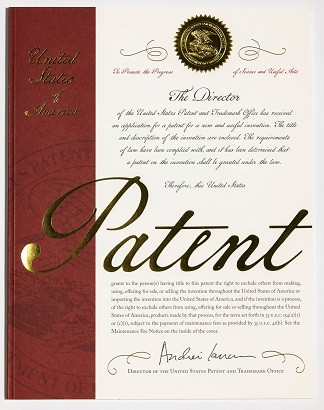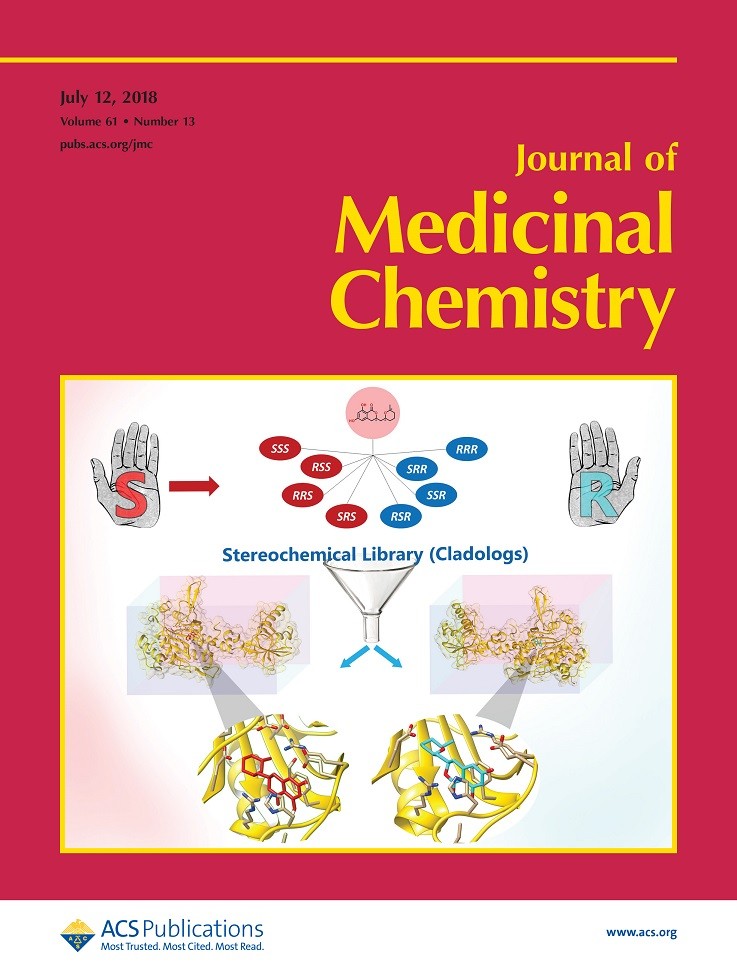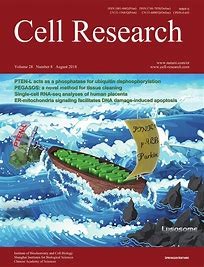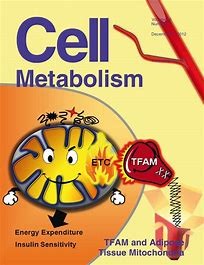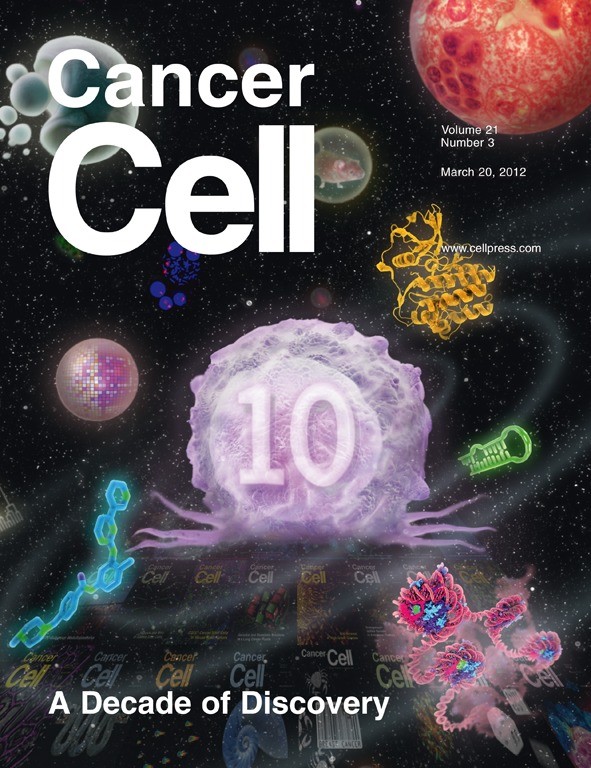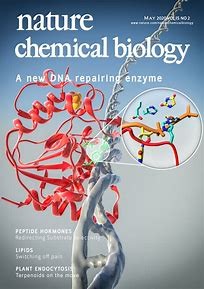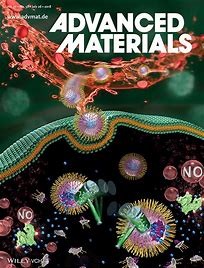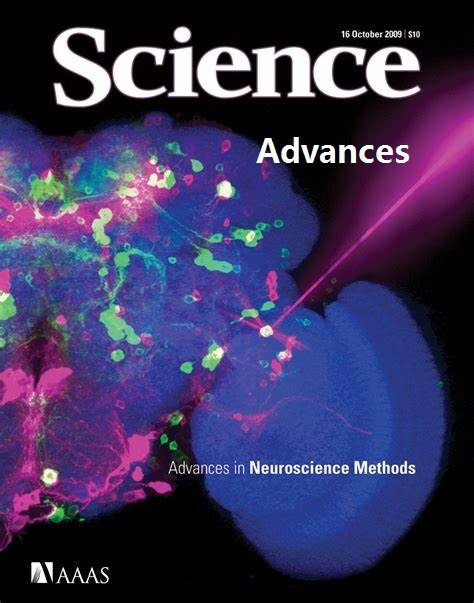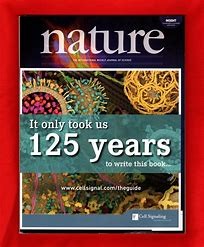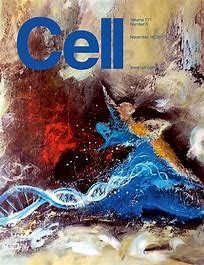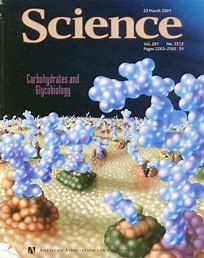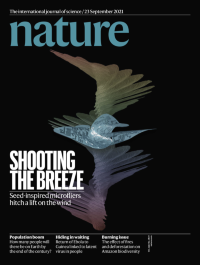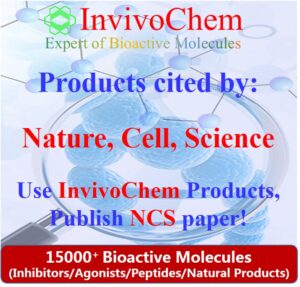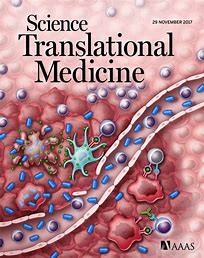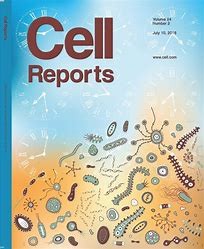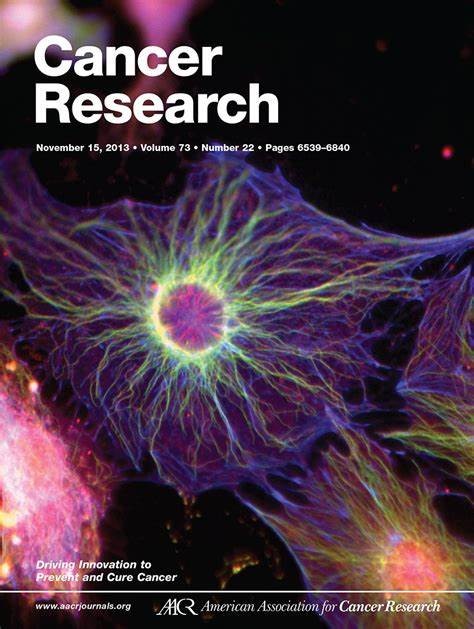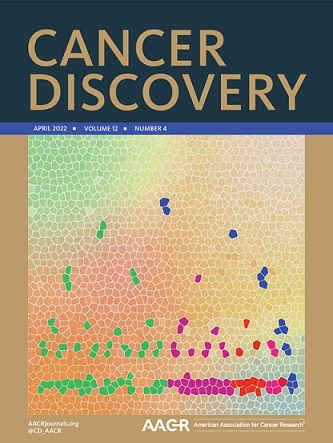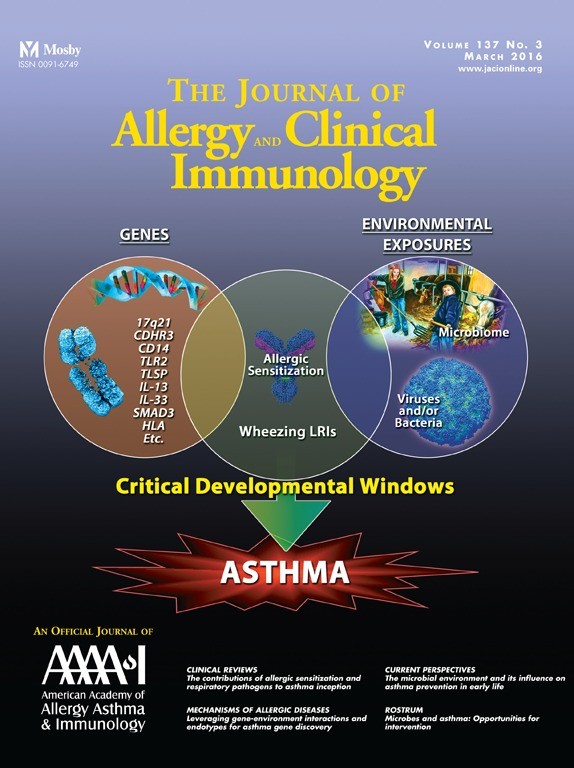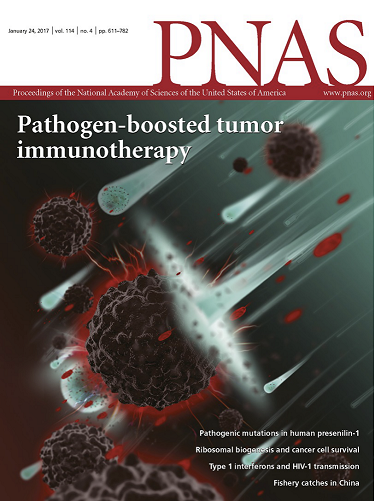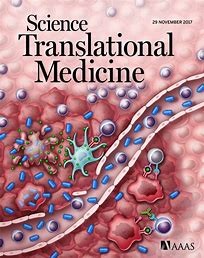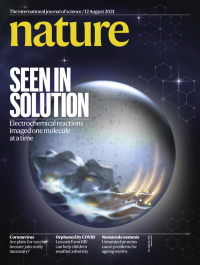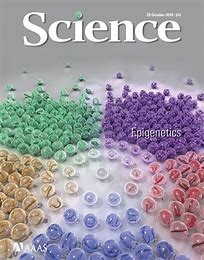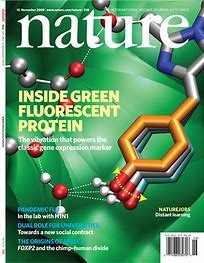Hydroxyfasudil HCl (HA1100)
This product is for research use only, not for human use. We do not sell to patients.
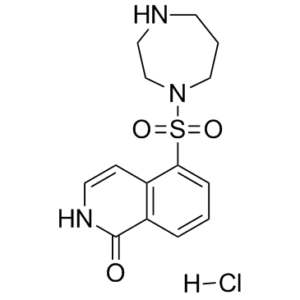
For small sizes, please check our retail website as below: www.invivochem.com
| Size | Price | Stock |
|---|---|---|
| 500mg | $1050 | Check With Us |
| 1g | $1750 | Check With Us |
| 5g | $4725 | Check With Us |
Cat #: V2733 CAS #: 155558-32-0 Purity ≥ 98%
Description: Hydroxyfasudil HCl (also called HA1100 HCl), a metabolite of Fasudil, is a potent Rho-kinase inhibitor and vasodilator.
Top Publications Citing Invivochem Products
Publications Citing InvivoChem Products
Product Promise

- Physicochemical and Storage Information
- Protocol
- Related Biological Data
- Stock Solution Preparation
- Quality Control Documentation
| Molecular Weight (MW) | 343.83 |
|---|---|
| Molecular Formula | C14H17N3O3S·HCl·xH2O |
| CAS No. | 155558-32-0 |
| Storage | -20℃ for 3 years in powder formr |
| -80℃ for 2 years in solvent | |
| Solubility In Vitro | DMSO: 68 mg/mL (197.8 mM)r |
| Water: 68 mg/mL (197.8 mM)r | |
| Ethanol: <1 mg/mL | |
| Synonyms | HA-1100 hydrochloride; HA 1100 hydrochloride; HA1100 hydrochloride; HA-1100 HCl |
| Protocol | In Vitro | Hydroxyfasudil hydrochloride is a ROCK inhibitor, with IC50s of 0.73 and 0.72 μM for ROCK1 and ROCK2, respectively. Hydroxyfasudil also less potently inhibits PKA, with an IC50 of 37 μM, 50-fold higher than those of the ROCKs. Hydroxyfasudil increases eNOS mRNA levels, with an EC50 value of 0.8 ± 0.3 μM. Hydroxyfasudil (0-100 μM) concentration-dependently increases eNOS activity and stimulates NO production in human aortic endothelial cells (HAEC). Hydroxyfasudil (10 μM) increases the half-life of eNOS mRNA from 13 to 16 hours, but does not affect eNOS promoter activity at concentrations from 0.1 to 100 μM |
|---|
These protocols are for reference only. InvivoChem does not
independently validate these methods.
| Solvent volume to be added | Mass (the weight of a compound) | |||
|---|---|---|---|---|
| Mother liquor concentration | 1mg | 5mg | 10mg | 20mg |
| 1mM | 2.9084 mL | 14.5421 mL | 29.0841 mL | 58.1683 mL |
| 5mM | 0.5817 mL | 2.9084 mL | 5.8168 mL | 11.6337 mL |
| 10mM | 0.2908 mL | 1.4542 mL | 2.9084 mL | 5.8168 mL |
| 20mM | 0.1454 mL | 0.7271 mL | 1.4542 mL | 2.9084 mL |
The molarity calculator equation
Mass(g) = Concentration(mol/L) × Volume(L) × Molecular Weight(g/mol)
Mass
=
Concentration
×
Volume
×
Molecular Weight*
The dilution calculator equation
Concentration(start)
×
Volume(start)
=
Concentration(final)
×
Volume(final)
This equation is commonly abbreviated as: C1 V1 = C2 V2
Concentration(start)
C1
×
Volume(start)
V1
=
Concentration(final)
C2
×
Volume(final)
V2
Step One: Enter information below
Dosage mg/kg
Average weight of animals g
Dosing volume per animal µL
Number of animals
Step Two: Enter the in vivo formulation
%DMSO
+
%
+
%Tween 80
+
%ddH2O
Calculation Results:
Working concentration:
mg/ml;
Method for preparing DMSO master liquid:
mg
drug pre-dissolved in
µL
DMSO(Master liquid concentration
mg/mL)
,Please contact us first if the concentration exceeds the DMSO solubility of the batch of drug.
Method for preparing in vivo formulation:
Take
µL
DMSO master liquid, next add
µL
PEG300, mix and clarify, next add
µL
Tween 80,mix and clarify, next add
µL
ddH2O,mix and clarify.
Note:
- (1) Please be sure that the solution is clear before the addition of next solvent. Dissolution methods like vortex, ultrasound or warming and heat may be used to aid dissolving.
- (2) Be sure to add the solvent(s) in order.
